Why George Kliavkoff and the Pac-12 should be talking to Florida State and the ACC

We are talking about college sports realignment now, much as we did throughout July of 2022 after USC and UCLA left for the Big Ten.
It has been striking to notice how many articles we wrote in July of 2022 which are still very applicable to the larger college sports scene in August of 2023. These are not settled matters. These are not resolved questions. They are still up in the air and could break in various directions.
One item still unresolved from last summer is whether the ACC’s grant of rights really is an airtight seal keeping teams from leaving the conference, or whether it can be torn up and renegotiated. It has a lot to do with Florida State and Clemson. It could also give the Pac-12 a possible avenue to a last-minute survival plan.
Let’s walk through the details here and explain them:
ACC GRANT OF RIGHTS

The ACC had its members sign a long-term grant of rights agreement which, conceptually, is supposed to bind these members together for more than another decade, into the mid-2030s. The penalties for leaving the ACC now would be exorbitant and cost-prohibitive. Moreover, schools which left would not be able to collect TV money from a new conference. That money would go to the ACC. It seems like an airtight seal — not so much against a school leaving, but against the economics of a school leaving. Any school which leaves the ACC now would be on the hook for hundreds of millions of dollars and would not be able to collect new TV revenue. That seems like a strong deterrent, but it’s not the full story.
FLORIDA STATE

Florida State University’s board of trustees met on Wednesday. Florida State has had several meetings involving board members and lead administrators in recent months in which the desire to leave the ACC has become very apparent and obvious.
The question is simple but enormous: Can Florida State buck the ACC grant of rights such that it wouldn’t be subjected to the agreement’s fee and penalty structure if it exited in 2024 or 2025? That might be an even more important question than whether the Pac-12 dies.
FLEXIBLE OR NOT?
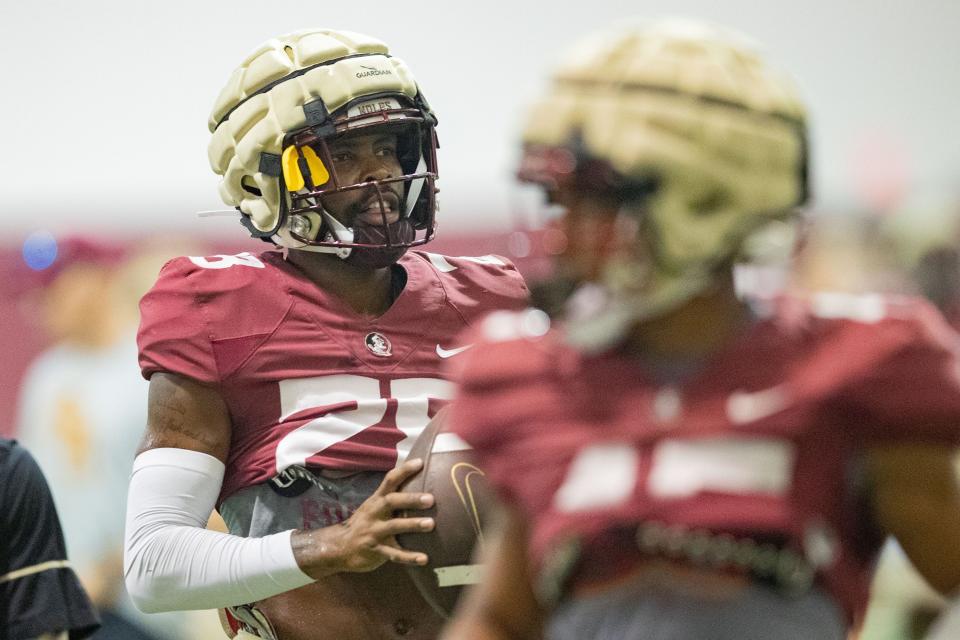
In that story we referenced from July of 2022, Tony Siracusa of Last Word on College Football — who covers the sport nationally but follows the ACC and UCLA especially closely — said on our YouTube show with Mark Rogers at The Voice of College Football that the ACC grant of rights was a document subject to litigation with nowhere near the binding force some people think it contains.
This isn’t a fact, but it’s a view which certainly carries weight at Florida State right now. Moreover, it underscores the point that the enforceability (the teeth) of this GOR agreement is in dispute. If Florida State can crush this GOR agreement and get out of the ACC immediately with a minimal penalty, that’s a seismic development.
KLIAVKOFF AND THE PAC-12
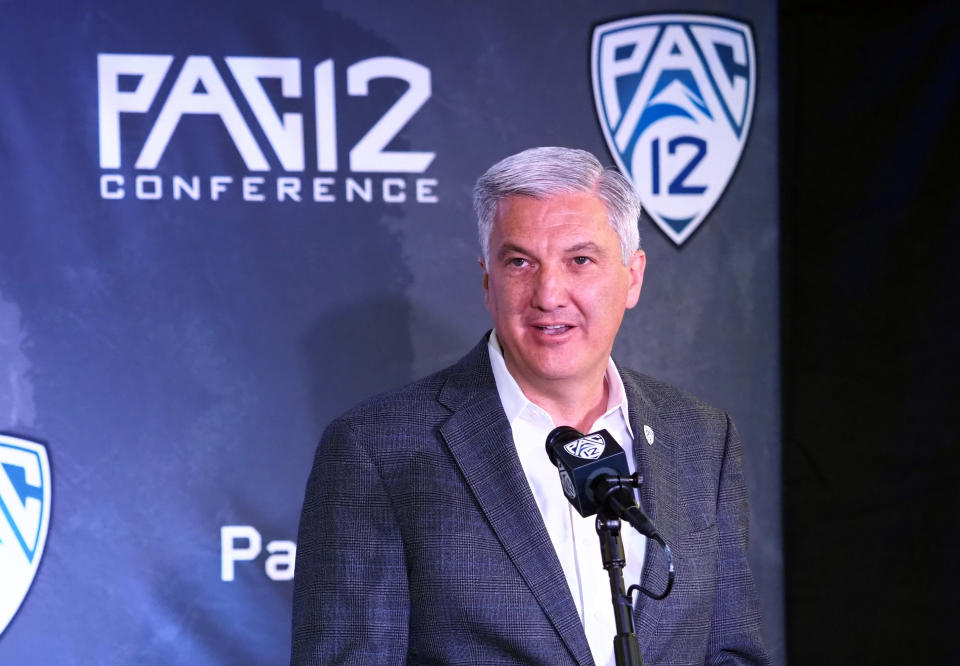
If Florida State can crush the ACC grant of rights, George Kliavoff and the Pac-12 need to be ready. They should already be pounding the phones and making calls to Tallahassee, whether to gather information, offer assistance, or both.
POSSIBLE PAC-12 PLAN WITH THE ACC
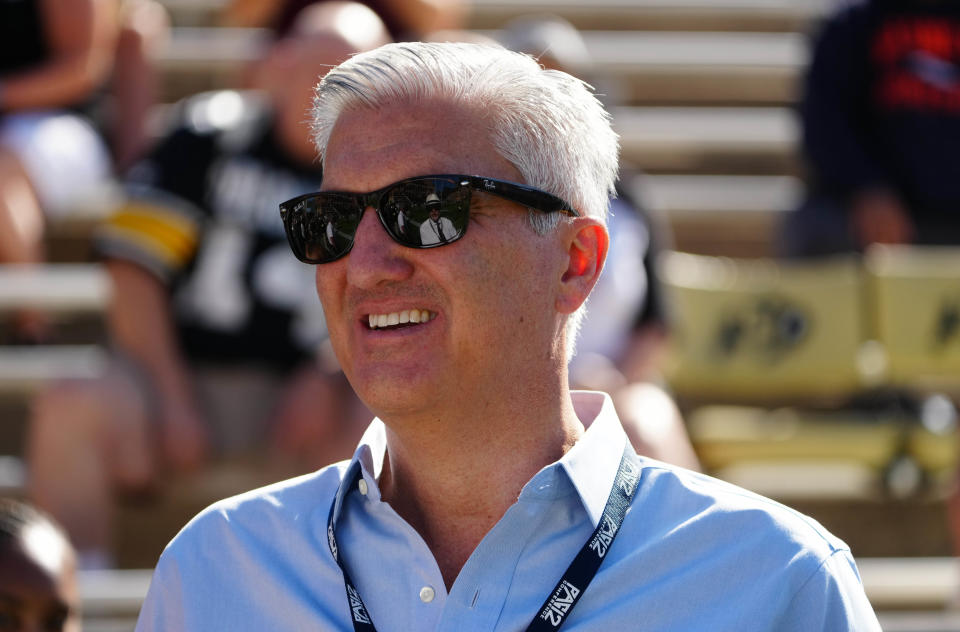
If Florida State can escape the ACC grant of rights, FSU would conceivably be in a position to command added TV dollars from ESPN. The Pac-12 could propose a Pac-12-ACC merger with a new grant of rights agreement and bargain for increased money which could keep Oregon, Washington, Stanford, and Cal in the fold. ESPN would have incentive to preserve the Pac-12 given a desire to merge with the ACC, whose games are under the ESPN umbrella already. ACC Network could show games late at night on Saturdays in Pac-12 locations.
Of course we don’t think this scenario is likely, but it might be one of the few remotely realistic options the Pac-12 has left in its arsenal.
ESPN
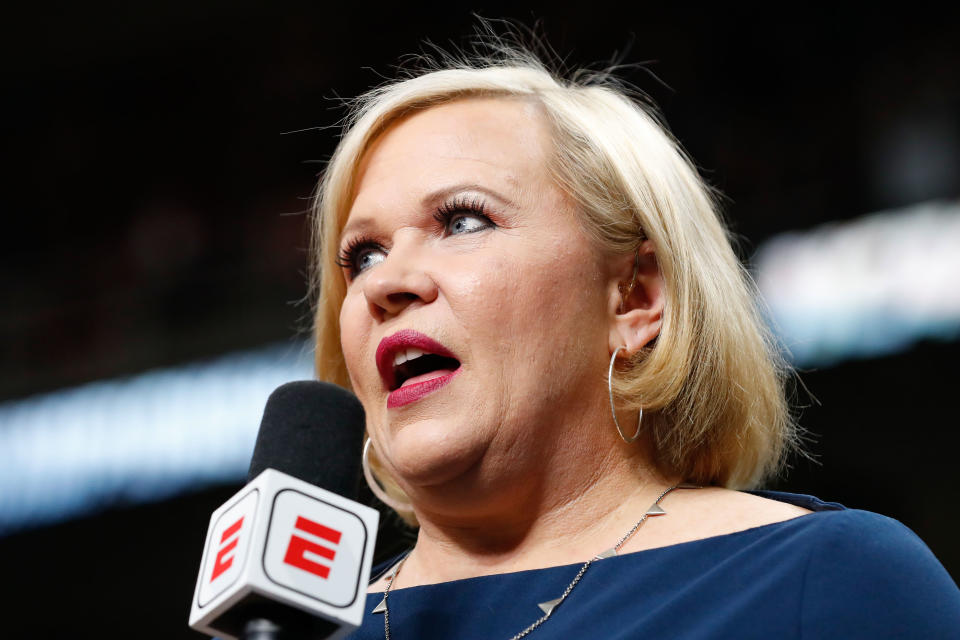
ESPN wouldn’t want Oregon, Washington, Stanford, and Cal to go to Fox and the Big Ten. It is and has been conspicuous that ESPN hasn’t been more aggressive in trying to preserve the Pac-12 and thereby prevent Fox from getting the valuable Oregon brand, plus teams in the valuable Bay Area market and the Seattle market.
If Florida State can successfully smash the ACC grant of rights, it frees up FSU to seek a new television arrangement. The Pac-12 has to be right there with a strong offer. It could be the way for the Pac-12 to avoid death at the last minute.
CLEMSON

If Florida State can get out from under the ACC grant of rights, that should conceivably open the door for Clemson to do the same. The Pac-12, if it could make a proposal to include FSU and Clemson on a 2024 football schedule in a merger with the ACC, would suddenly have two very big football brands to pair with Oregon and Washington, who might suddenly have a viable realignment option, at least on a temporary basis.
FLORIDA STATE AND THE BIG TEN

Florida State wants to go to the Big Ten, but that’s not under FSU’s control. The Big Ten would have to want to include FSU. So, if the Big Ten rejects Florida State, that conceivably makes it easier for Florida State to accept a merger with the Pac-12 and negotiate for a newer, bigger, more lucrative TV deal which — with Oregon and Washington — would have some marquee games on the slate. One can begin to see how the Pac-12 can use Florida State as its very unlikely ally in a fight for survival.
CLEMSON TO THE SEC
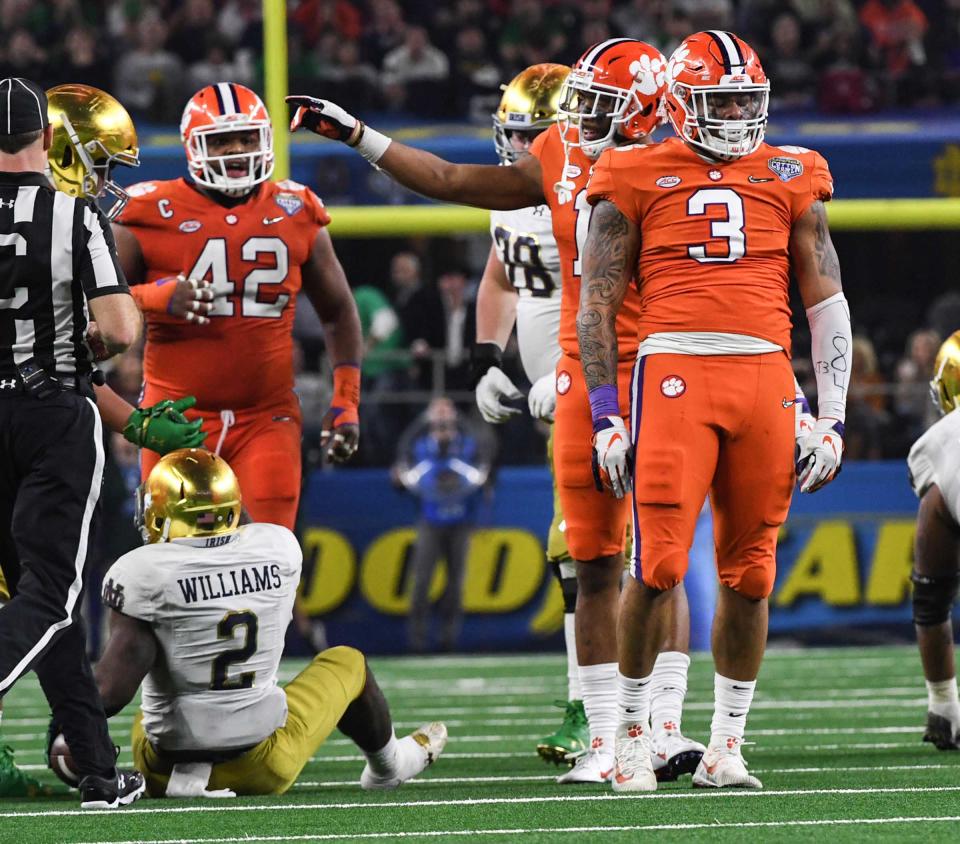
Clemson to the SEC makes a lot of sense and seems like a natural fit, but the SEC has to want Clemson, much as the Big Ten has to want Florida State if those schools are to move. If the SEC balks, that continues to increase the possibility that the Pac-12 and ACC can formulate a merger and create a new ESPN TV deal which gives FSU and Clemson a lot more money and keeps the Pac-12 intact. Everyone wins.
NORTH CAROLINA AND DUKE
That's Jim Delany between Roy and Dean: pic.twitter.com/P2PRipZ8r5
— Something different (@RealHowardBeale) August 15, 2021
Remember: Former Big Ten Commissioner Jim Delany is a North Carolina alumnus. North Carolina and Duke would bring academic and research heft to the Big Ten, much as USC did and much as Stanford could if it is invited. What the Big Ten chooses to do with North Carolina and Duke would depend on whether ACC schools can get out of the grant of rights sooner rather than later. This is, again, why Florida State is such a crucial hinge-point school in conference realignment right now. It’s also why the Pac-12 has to be talking to the ACC in addition to FSU itself.
VIRGINIA AND MIAMI

Virginia’s academics are strong. Miami’s football brand, though not what it was 20 years ago, is still strong. Those schools would probably love to go to either the Big Ten or SEC, but again, the conferences would have to actually want them. If they don’t, it’s yet another reason for the Pac-12 to make a proposal to these schools and pursue a TV deal with the ACC and ESPN.
HOW A PAC-12-ACC MERGER WOULD WORK
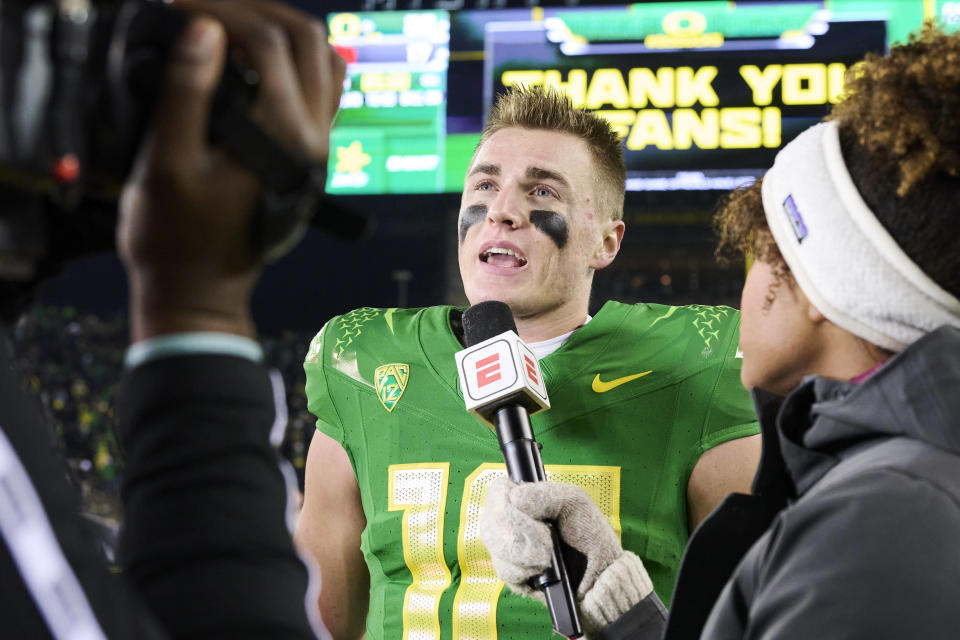
A Pac-12 merger with the ACC might seem logistically daunting, but not necessarily. The existing ACC could play most of its games among each other. The existing Pac-12 (or rather, Pac-9) could play most of its conference games among each other. The two conferences could essentially have their geographical halves remain intact, with crossover games representing two nonconference games each season. That way, travel from the East Coast to the West Coast (and vice-versa) would be kept to a minimum, but there would still be more inventory and some crossover games (Washington-Clemson, Florida State-Oregon, Utah-Pittsburgh) to air each season.
One could certainly do worse than that.
IF THE ARIZONA SCHOOLS LEAVE THE PAC-12
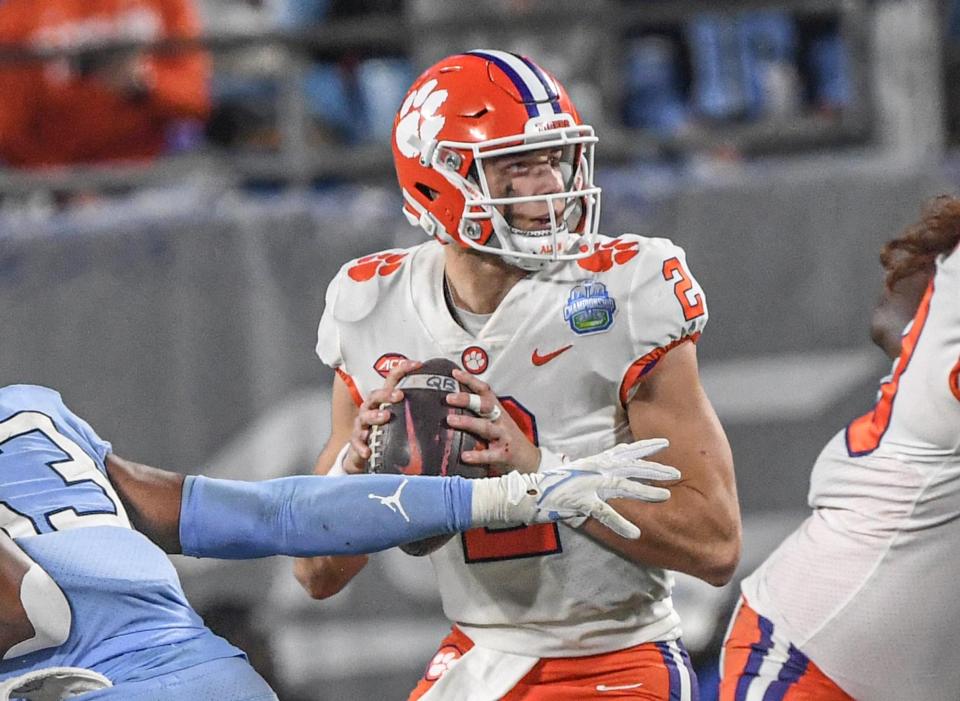
If the Arizona schools decide to leave the Pac-12, that’s probably the ballgame for the Pac-12. The one thing which could save the Pac-12 in that worst-case scenario: a merger with the ACC.
OREGON AND WASHINGTON AND CULTURE
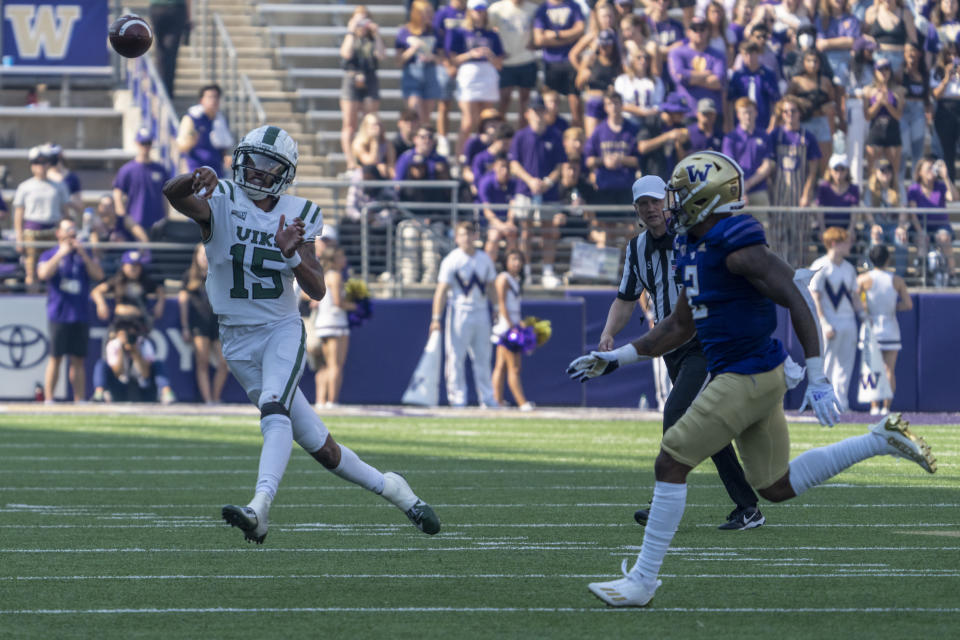
Oregon and Washington have more in common, culturally, with ACC schools such as North Carolina and Virginia than they do with Big 12 schools. Oregon and Washington would likely prefer to join the Big Ten, but if there’s an ACC deal on the table and the Big Ten’s first preference is to not invite Washington and Oregon, a merger with the ACC could come about.
Keep this in mind: If the Big Ten really coveted Oregon and Washington, it probably would have invited them already. An ACC merger gives the Pac-12 a way to not only keep Oregon and Washington, but to spare the Big Ten a decision it might not want to make. Getting a proposal on the table with the ACC as soon as possible should be viewed as a priority for the Pac-12 as it fights to stay alive.
14 PLUS 7
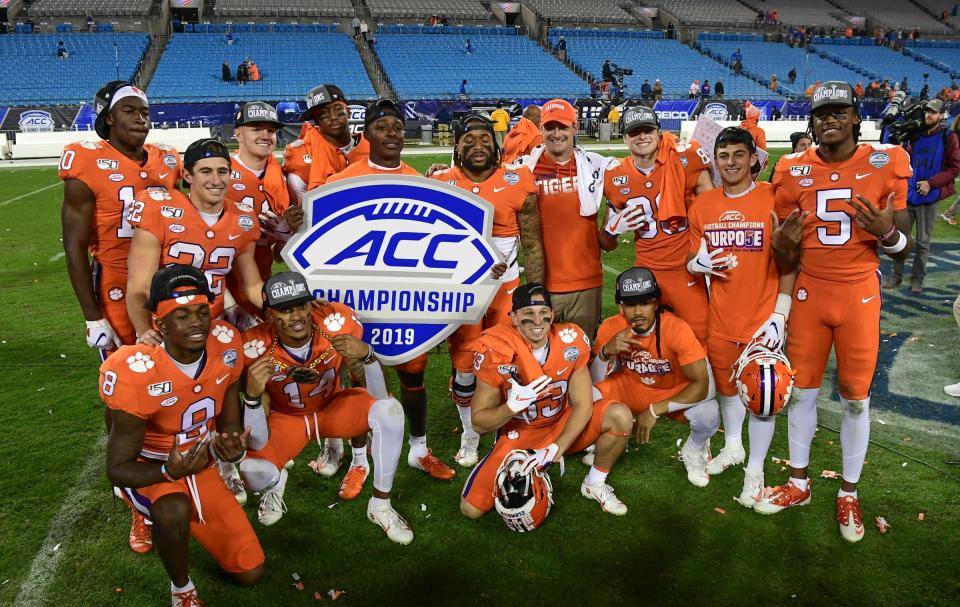
If the Arizona schools leave, that makes seven Pac-12 schools left. The seven-member Pac-12 (the Pac-7) could merge with the 14-team ACC to create a 21-team conference. That’s only one school more than a possible Big 20, in which the Big Ten adds four schools to its current 16-school membership.
All of this would depend on Florida State successfully escaping the ACC grant of rights. All of this would also depend on ESPN being willing to step up and offer more money, even though its current deal with the ACC is very ESPN-friendly. The hope (and thought process) would be that ESPN would get to televise Washington and Oregon games instead of allowing those schools to go to Fox in the Big Ten, while also keeping Florida State from falling into the Big Ten’s arms as well, and maybe also North Carolina and Miami or Virginia.
The dollars could add up, and ESPN could realize how many attractive college sports properties it might be on the verge of losing to the Big Ten and its TV outlets.
George Kliavkoff should get on the phone with Florida State and ACC administrators.
FINAL NOTE: USC'S PREFERENCE

What about USC’s view of all this? If the Pac-12 and ACC could merge, such that Oregon doesn’t follow USC to the Big Ten, that would be seen as a great development for the Trojans. USC should be pushing internally for the Big Ten to not invite the new schools, since that means revenue would be split in more directions over a longer run of time.
